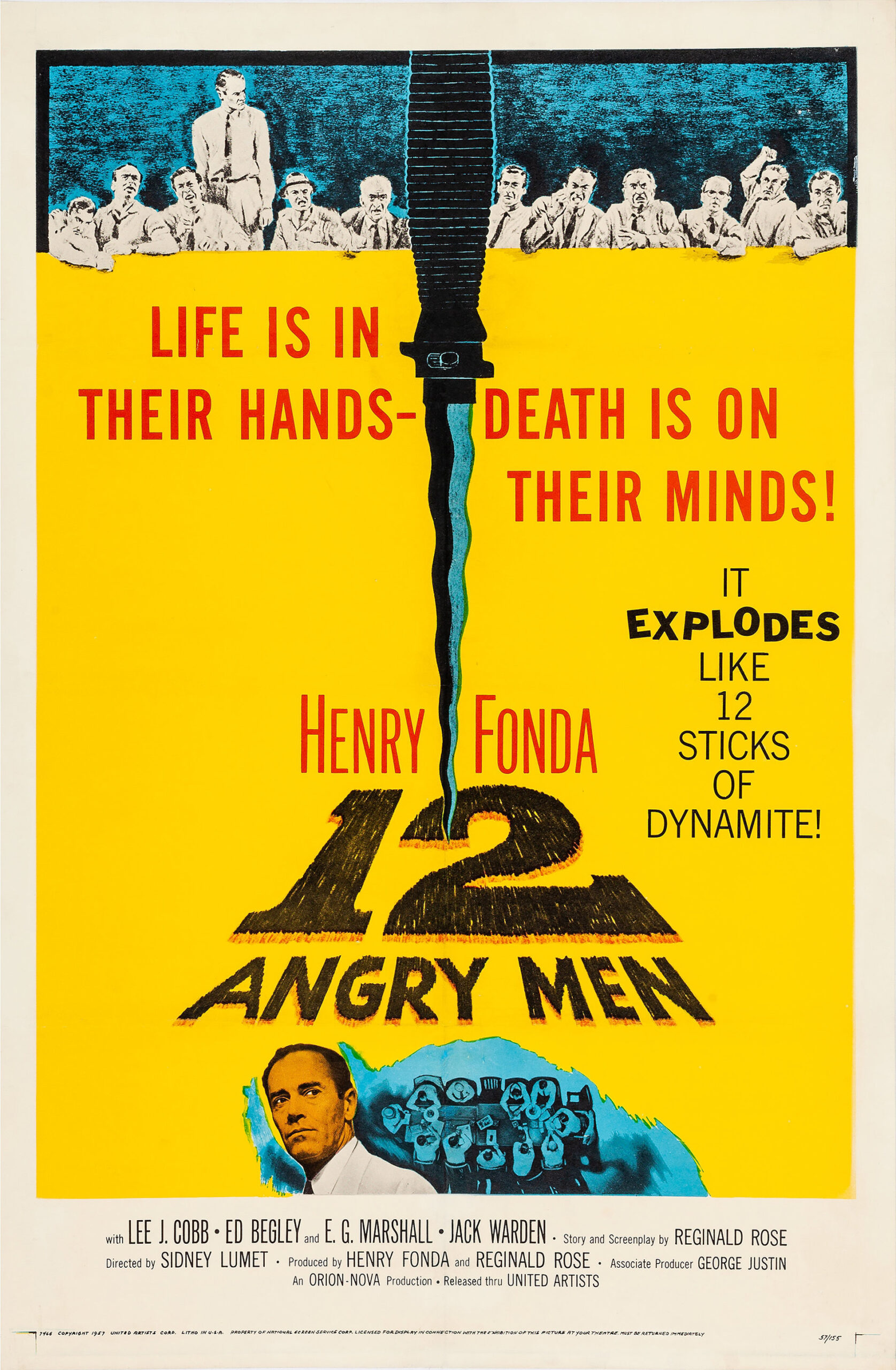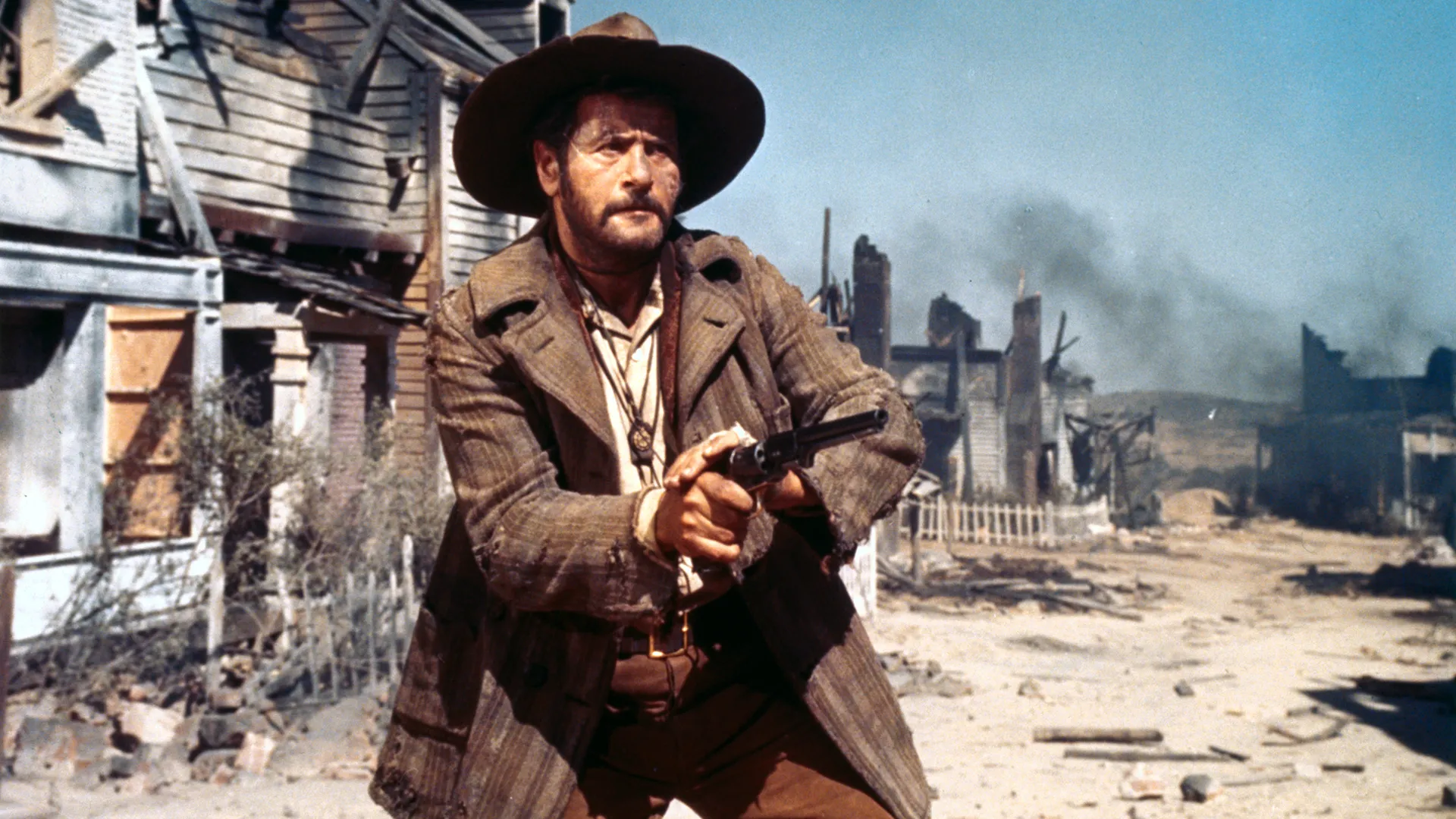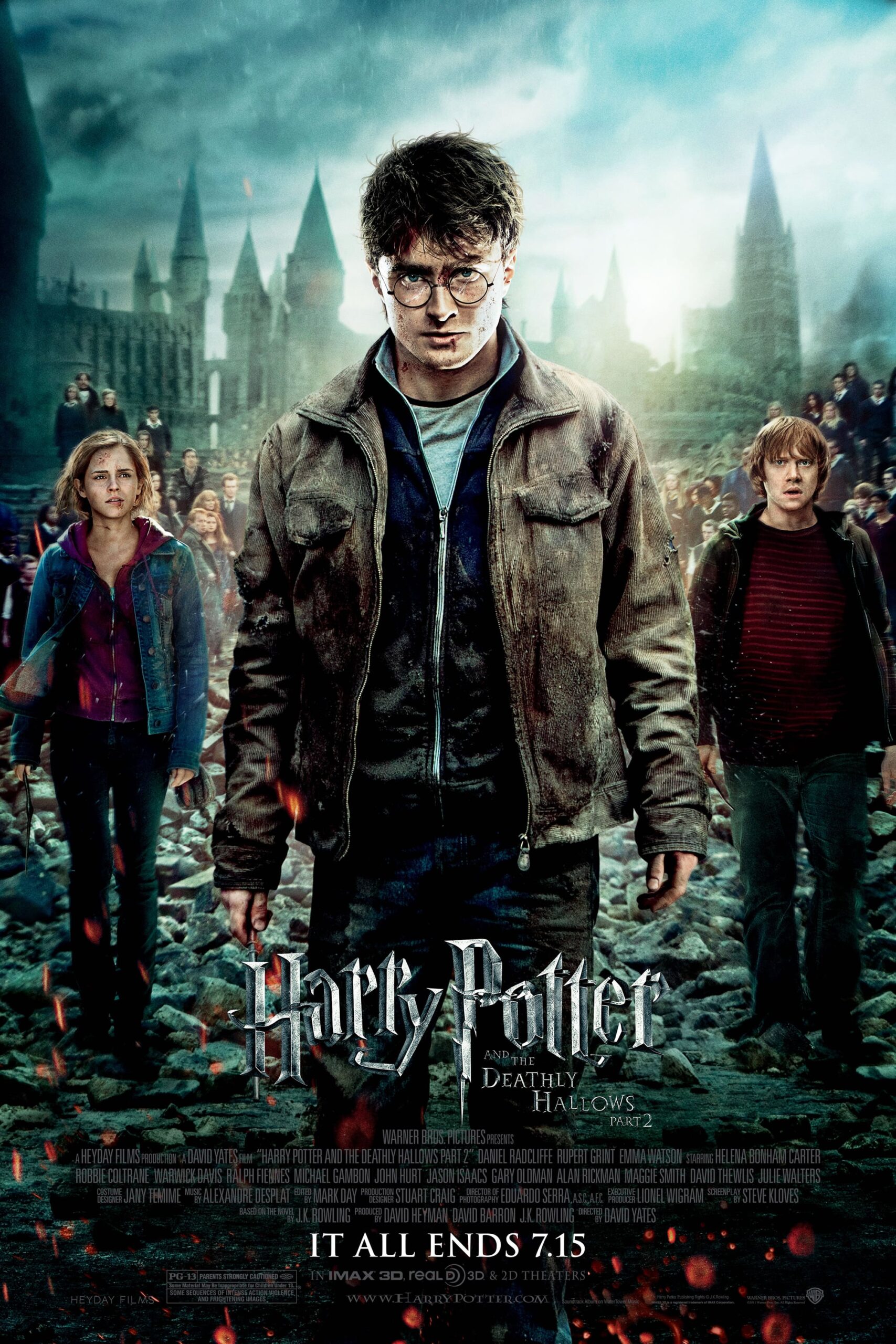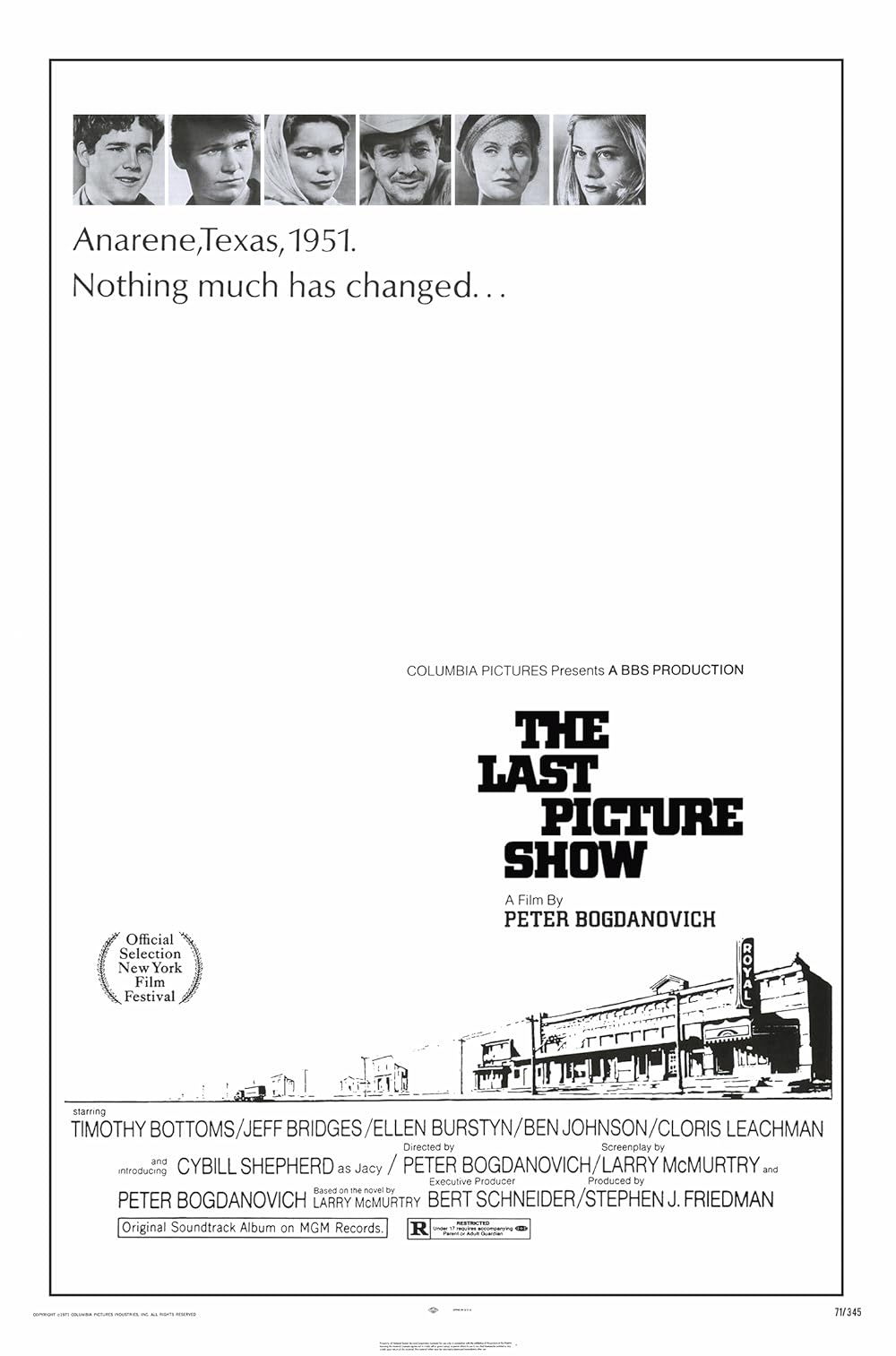
12 Angry Men (1957) – A Tense Courtroom Drama That Examines Justice
Type: Movie
Country: United States
Genre: Drama, Courtroom
Release Date: April 10, 1957
Duration: 96 minutes
Director: Sidney Lumet
Production Companies: Orion-Nova Productions, United Artists
Cast: Henry Fonda, Lee J. Cobb, Martin Balsam, John Fiedler, E.G. Marshall, Jack Klugman
Quick Review:
“12 Angry Men” (1957) is a powerful courtroom drama directed by Sidney Lumet. Set almost entirely within the confines of a jury room, the film delves into the complexities of justice and human behavior as twelve jurors deliberate the fate of a young defendant accused of murder. With its compelling dialogue, intense performances, and minimalist setting, “12 Angry Men” remains a seminal piece of cinema that offers a thought-provoking exploration of prejudice, morality, and the legal system.
Plot Summary:
The film begins with a jury of twelve men convening to deliberate the case of a teenage boy from a poor neighborhood accused of murdering his father. The evidence appears to be straightforward, and the initial vote shows a nearly unanimous decision for a guilty verdict. However, Juror #8 (Henry Fonda) stands alone in voting not guilty, citing reasonable doubt and urging the other jurors to reconsider.
As the discussion progresses, Juror #8 challenges the assumptions and biases of his fellow jurors, slowly revealing their personal prejudices and preconceptions. Each juror’s background and motivations come to light, influencing their stance on the case. The film’s tension mounts as the jury grapples with their consciences and the potential consequences of their verdict, leading to a climactic resolution.
Characters and Performances:
- Henry Fonda as Juror #8: Fonda delivers a nuanced performance as the lone holdout who advocates for justice and fairness. His calm demeanor and reasoned arguments drive the film’s narrative and highlight the moral complexities of the case.
- Lee J. Cobb as Juror #3: Cobb portrays the antagonistic and emotionally charged juror with conviction. His performance underscores the personal biases and anger that cloud his judgment, making him a formidable opponent to Fonda’s character.
- Martin Balsam as Juror #1: Balsam plays the jury foreman, who tries to maintain order but is often caught in the crossfire of the jurors’ arguments. His role is crucial in balancing the discussion and steering the deliberations.
- Jack Klugman as Juror #5: Klugman brings depth to the character of Juror #5, who initially remains on the sidelines but gradually reveals his own perspective on the case. His performance adds to the film’s exploration of class and social dynamics.
- E.G. Marshall as Juror #4: Marshall’s portrayal of Juror #4, a logical and detached businessman, adds a layer of rationality to the proceedings. His character’s transformation is a key element in the film’s dramatic arc.
Direction and Cinematography:
Sidney Lumet’s direction is masterful, using a confined setting to heighten the film’s tension and focus on character interactions. The minimalistic approach, with the majority of the action taking place in a single jury room, emphasizes the psychological drama and the unfolding conflict.
The cinematography by Boris Kaufman is equally effective, employing tight close-ups and subtle camera movements to capture the intensity of the jury’s deliberations. The use of shadows and lighting enhances the film’s dramatic atmosphere, contributing to the overall sense of claustrophobia and urgency.
Music:
The film’s score, composed by Kenyon Hopkins, features a minimalist and unobtrusive soundtrack that complements the tension and drama without overshadowing the dialogue. The music supports the film’s mood and underscores key moments, adding to the overall impact of the narrative.
Why It Endures:
“12 Angry Men” endures as a classic due to its powerful exploration of justice, prejudice, and moral responsibility. The film’s focus on character development and dialogue-driven storytelling offers a profound examination of the human condition and the legal system.
The performances by the ensemble cast and Lumet’s direction contribute to the film’s lasting appeal. The film’s examination of personal biases and the importance of reasonable doubt in the legal process remains relevant, making it a compelling and thought-provoking watch.
In Conclusion:
“12 Angry Men” (1957) is a timeless courtroom drama that continues to resonate with audiences through its exploration of justice, human behavior, and moral dilemmas. Directed by Sidney Lumet and featuring an exceptional cast led by Henry Fonda, the film is a powerful and enduring examination of the complexities of the legal system and the impact of personal biases on the pursuit of truth.




